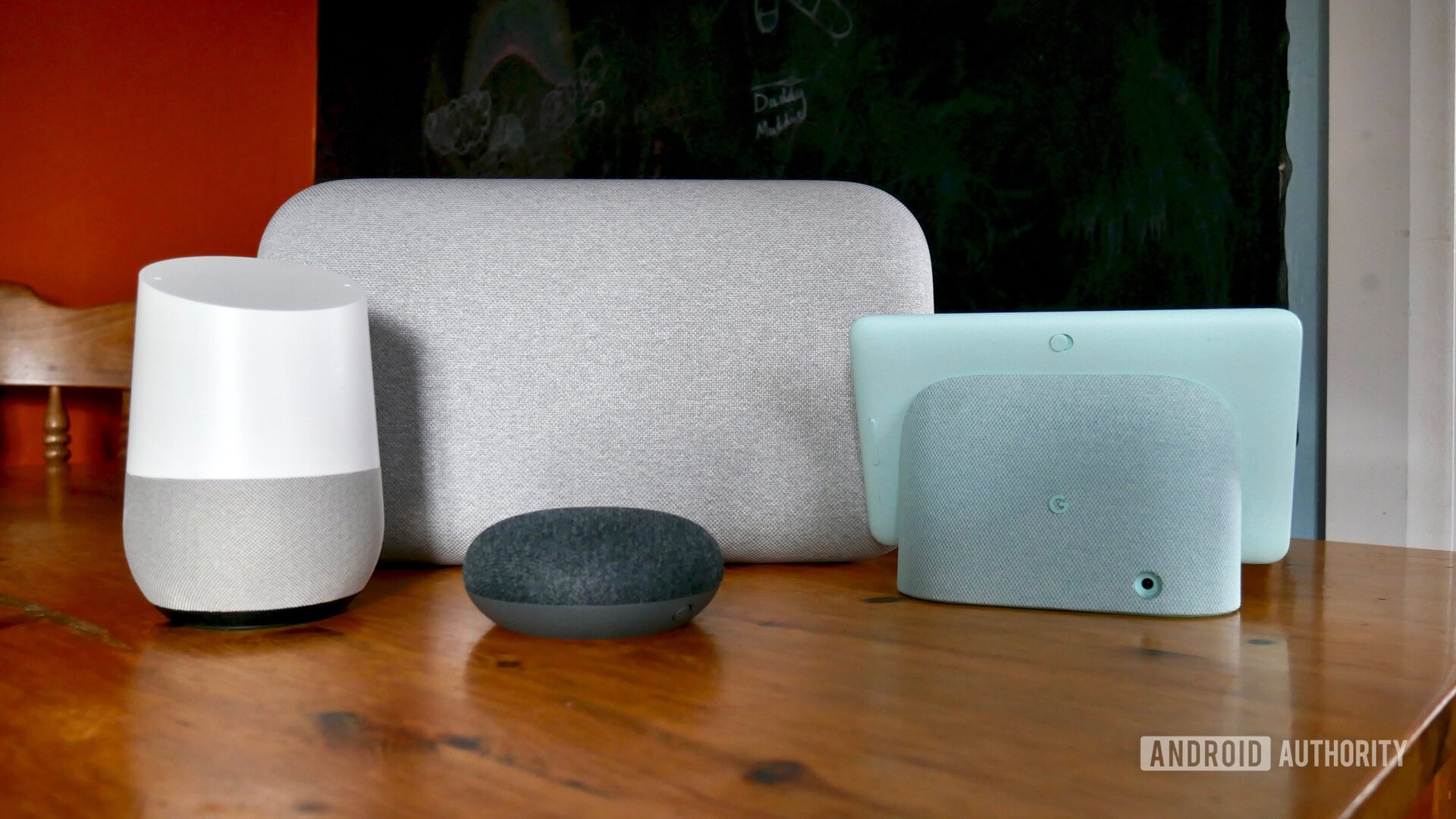Affiliate links on Android Authority may earn us a commission. Learn more.
Google loses patent battle to Sonos, products could face import ban

- A US trade commission has found that Google infringed Sonos patents in various products.
- The commission also declared that Google is barred from bringing affected products into the US.
- Affected products include Pixel phones, Chromecast devices, and Google Home speakers.
Google and Sonos have been embroiled in a legal battle since 2020, with Sonos claiming that Google stole five of its patents and has been using them in its devices.
Now, the US International Trade Commission has ruled (h/t: New York Times) that Google indeed infringed on all five Sonos patents in question. The court also declared that Google is barred from importing products that violate these patents. These products include the Chromecast, Google Home speakers, Pixel phones, and Pixelbook computers (mostly being made in China before being imported to the US).
It’s believed that the import ban will kick off in 60 days, but that the case is subject to a presidential review. Nevertheless, this latest ruling confirms a preliminary finding by a commission judge in August 2021 that Google should be slapped with an import ban.
Google and Sonos react
Some of the patents relate to using a phone’s volume buttons to control the volume of connected devices such as speakers and other devices. In fact, Google removed this ability in the Android 12 beta, with a Googler citing a “legal issue,” forcing consumers to use an on-screen interface instead.
Google told the New York Times in a statement that it disagreed with the ruling but that it would work to prevent any disruption regarding the use, sales, and importing of affected products.
Meanwhile, Sonos noted in a statement that Google had been found guilty of infringing all five patents.
“That is an across-the-board win that is surprisingly rare in patent cases,” a representative was quoted as saying.